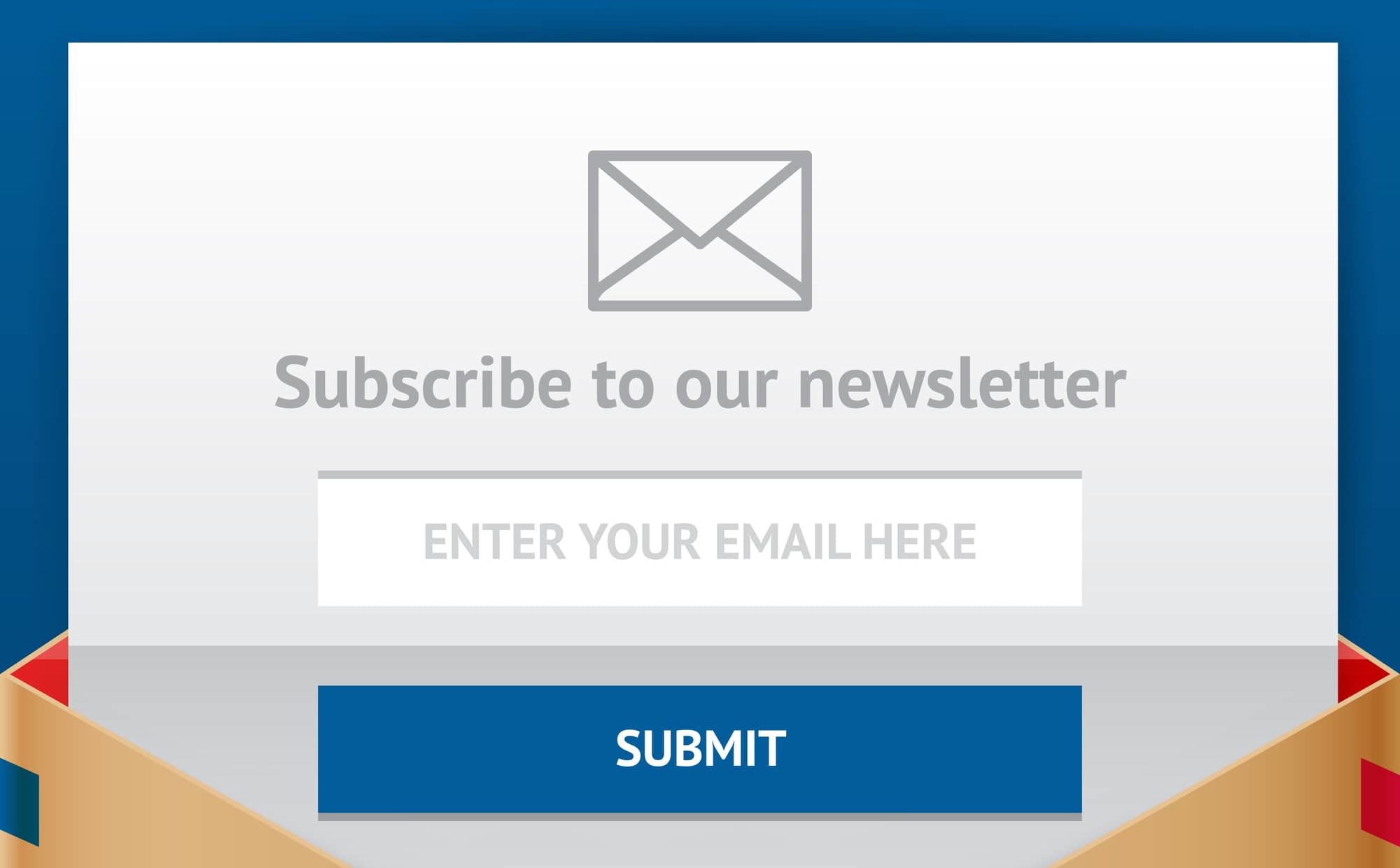Despite the emergence of social media and messaging platforms, email remains the preferred means of business communication with current and potential customers and users. Not surprisingly so, 82% of business-to-business (B2B) marketers use email newsletters for content marketing. Also, email marketing is as strong as ever in terms of attracting returns on investment (ROIs). Case in point, the Data and Marketing Association (DMA) revealed that for every pound spent on email marketing, companies could expect a return of more than £42.
But to get this much return requires businesses to streamline their marketing campaigns. The primary way to do that is by cleaning email lists and ensuring the “quality” of newsletter subscribers, notably with an Email Verification API. Let’s explore this point further in this post.
Quality over Quantity
Some marketers and business owners focus on growing their subscriber list, and that’s certainly a good practice. However, not having a quality standard check could mean that low-quality email subscribers make their way into your inventory. Generally, these subscribers may have signed up for your newsletter with the following:
- Disposable email addresses: Thousands of disposable email address providers abound on the Internet, and it takes just a few minutes to create such an address. People who use disposable email addresses want to hide their identities and could be abusers of free trials or, worse, malicious actors.
- Wrong or misspelled email addresses: Mistyping an email address even when it’s your own sometimes happens. Instead of typing myemail@gmail[.]com, for instance, anyone can accidentally type in myemail@gmall[.]com since the letters “l” and “i” are quite close to each other on a keyboard.
- Nonexistent or fake email addresses: People who want to avail of a company’s services but don’t want to give their real email addresses could enter non-existent ones.
Having disposable, misspelled, and fake email addresses on your subscriber list can negatively impact essential email metrics. Your bounce rate, for one, would be higher while your click-through and open rates, along with other parameters, would be inaccurate, too.
Bluntly, businesses won’t be able to reach as many of their target audiences as they would like. And ultimately, the promising ROI that email marketing could bring becomes elusive.
Using Email Verification API for Quality Checks
Consider a company that has 500 email subscribers. If 150 of the emails sent end up bouncing because these subscribers’ addresses are not able to receive messages, that would translate to a bounce rate of 30%. That’s way too high compared to the average of 5-13%, depending on your industry. Such a high bounce rate indeed tells marketers that they need to clean their email lists using tools such as an email verifier API.
Moving forward, it would also make sense for them to perform a quality check at the onset of the subscribers’ registration process. How so?
Marketers can integrate Email Verification API into their subscription form pages. That would prompt subscribers to enter existing and correct email addresses. For example, when a user accidentally types gmall[.]com instead of gmail[.]com, the system wouldn’t allow him or her to proceed to the next step. The same is true when the user types in a disposable or fake email address.
An email validation API also checks whether the entered address is supplied by a disposable email address provider such as 10MinuteMail, GuerillaMail, and Mailinator. While there are legitimate reasons for using disposable email addresses, marketers should discourage their prospective customers from using these.
Furthermore, an email verifier API checks an email address’s syntax and if it resolves to an existing mailbox and mail server. The API uses the Simple Mail Transfer Protocol (SMTP) connection and email-sending emulation techniques to do this.
Email validation should be an inherent part of a company’s email marketing efforts. After all, email marketing success relies on the target audience’s actions upon receipt of the message. If recipients don’t open the email and click links, then the campaign fails.
Also, what happens to those messages that never get to intended recipients because they used fake, disposable, or incorrect email addresses, which Email Verification API could have detected? Unfortunately, these wasted efforts become part of the statistics that bring your email marketing campaigns down. As such, it’s worthwhile to remember that quality is more important than quantity.
email signup screen -DepositPhotos


